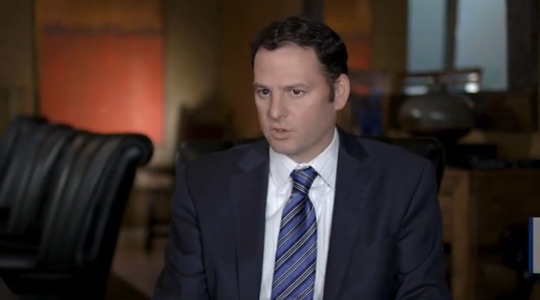Weigh Stations & Truck Scales
Commercial Truck Weight Regulations in the U.S.
Weigh stations are checkpoints for large commercial vehicles that are placed periodically on interstates and highways so trucks can pull over and be checked by highway patrol. Primarily, these stations are for the purpose of checking weight limit compliance. To weigh a vehicle, these weigh stations come equipped with truck scales. Depending on the station, this scale may be a type of bridge fixed to concrete where the truck will stop while the weight is measured. More advanced scales will allow truck drivers to keep their trucks in motion while they are being weighed. This is called "weigh in motion," which eases and quickens the process.
What Is Checked at a Weigh Station?
Depending on what state a truck is traveling in, what particular weigh station, and even what time of the day it is, inspections at these weigh stations will differ. However, there will be some standard, routine checks.
What is normally checked at an average weigh station includes:
- Freight Paperwork – Shows legitimacy for his or her truck and the cargo inside it.
- Vehicle Paperwork – Directly aimed toward the specifications of the truck, when it was last inspected, how old its tires are. Some stations may even check the truck’s brakes and other equipment.
- Trucker Logbooks – Because trucker fatigue is such a widespread problem in the industry, the Department of Transportation has imposed strict driving and resting times for truckers nationwide.
All commercial drivers are required under federal regulations to record their driving hours, as well as their resting breaks. Because falling asleep at the wheel and truck driver fatigue is such a widespread problem in the industry, the Department of Transportation (DOT) imposed strict driving and resting times for truckers across the country.
Weight Limits & “Dodging the Scales”
Trucks' massive size and weight makes them more dangerous to drivers than any other vehicle on the road. The federal weight limit for all 18-wheeler trucks is 80,000 lbs., or 40 tons.
Some truckers have what is called an “overweight permit,” but otherwise, truckers are limited to 80,000 lbs. Even under legal weight limits, the average large truck needs 40% more time to brake than a normal vehicle. For these reasons, accountability to weight regulations is vital. In recent years, law enforcement has had an issue with truckers “dodging the scales." Many truckers admit to doing this when they have violated rest requirement or carry too much weight. One officer pulled a truck over for attempting to dodge a weigh station by taking a miles-long detour. The fine was $200 for carrying too much weight, the second fine for that company in two months.
